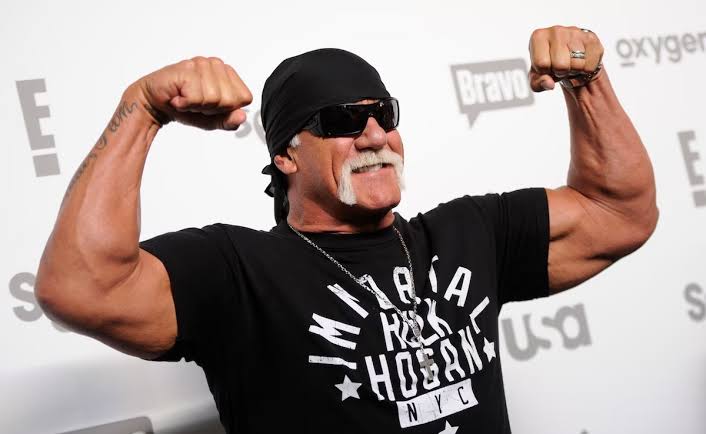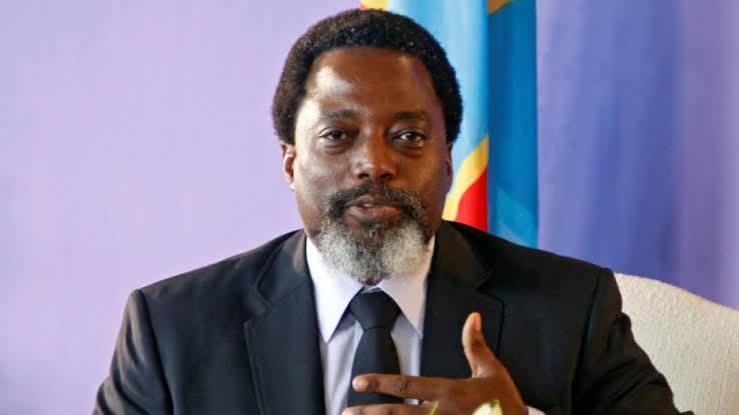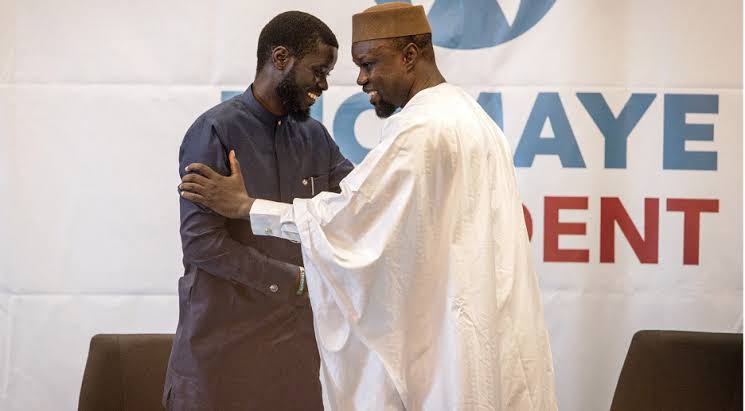
Faith Nyasuguta
Senegal’s bold experiment in youth-led change is already showing signs of strain, just months after millions celebrated Bassirou Diomaye Faye’s historic presidential win and his fiery ally Ousmane Sonko’s dramatic comeback.
Earlier this month, Faye – Senegal’s youngest elected president – travelled to the United States as one of five African heads of state invited by current President Donald Trump. The visit was meant to showcase Faye’s growing global standing and strengthen ties with Washington at a time when Senegal faces rising debt and big decisions about foreign investment in oil, gas and infrastructure.
But back home in Dakar, political drama erupted. While Faye was away, Prime Minister Ousmane Sonko, once his jailed campaign partner and the revolution’s loudest voice, made headlines for all the wrong reasons. Sonko publicly criticised President Faye’s leadership, accusing him of going soft on the very promises that swept them to power – cheaper living costs, job creation, and an end to corruption and shady foreign deals.
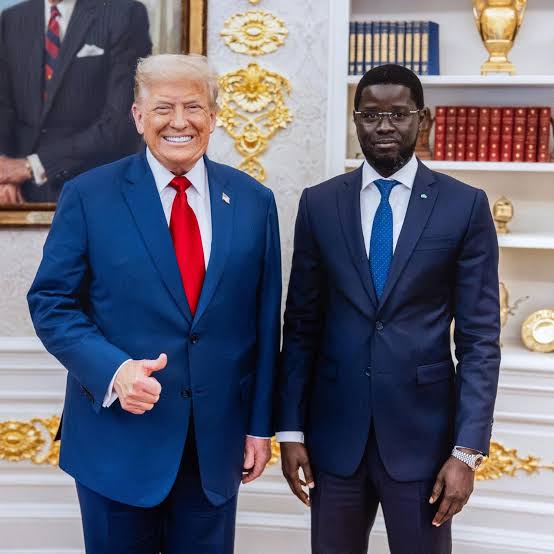
For many young Senegalese, Sonko’s words hit hard. They see him as the fearless street champion who faced prison, tear gas and bans to challenge the old elite. Faye, meanwhile, is the calm negotiator who gave the opposition a respectable, credible face. Together they inspired a generation hungry for change.
Now, cracks are showing. Local papers and analysts report rising tension between the two men. Sonko’s camp claims the president is dragging his feet on critical reforms. Faye’s supporters say Sonko’s outbursts risk scaring off investors and making a fragile economy worse.
Behind the scenes, rumours are swirling that Faye may reshuffle his cabinet to weaken Sonko’s influence. Some even suggest the alliance could split – an outcome that would shake PASTEF, the party they built together, to its core.

Adding to the pressure is Senegal’s economic reality. A recent investigation revealed billions in hidden debt that the previous government left off the books. Now, with foreign loans in limbo and an IMF deal under scrutiny, Faye’s team faces a tough balancing act: fix the books, maintain big promises, and keep restless supporters loyal.
Many remember the deadly protests of 2023 and 2024 that carried Sonko and Faye to power. Dozens died, hundreds were jailed. An amnesty law freed them just in time for the March election. Critics say the law closed the door to real justice for victims, while supporters insist it was the only way to break Senegal’s old political grip.
The question now is whether this so-called “Faye-revolution” can survive the same frustration that fueled it. For many young voters, broken promises and infighting feel like dèjávu – proof that even fresh faces can fall into old patterns.
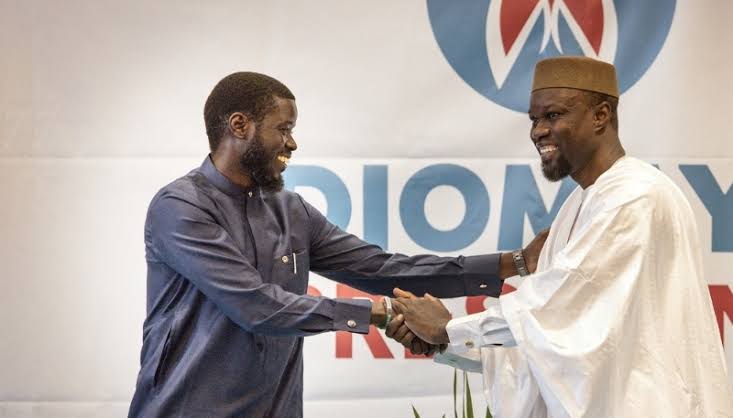
President Faye has called for calm and unity, promising national dialogue to iron out differences. But if the two men at the heart of the revolution can’t hold it together, Senegal’s new era could falter before it properly begins.
RELATED:






